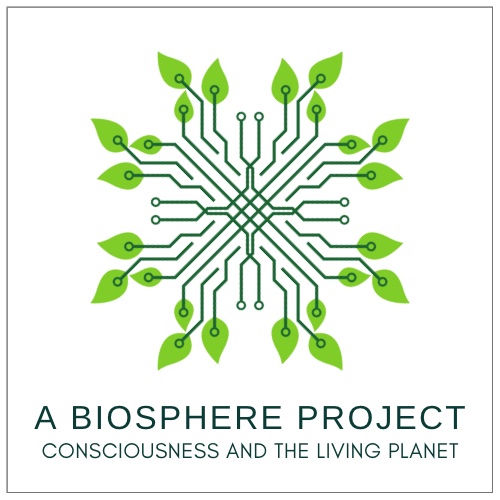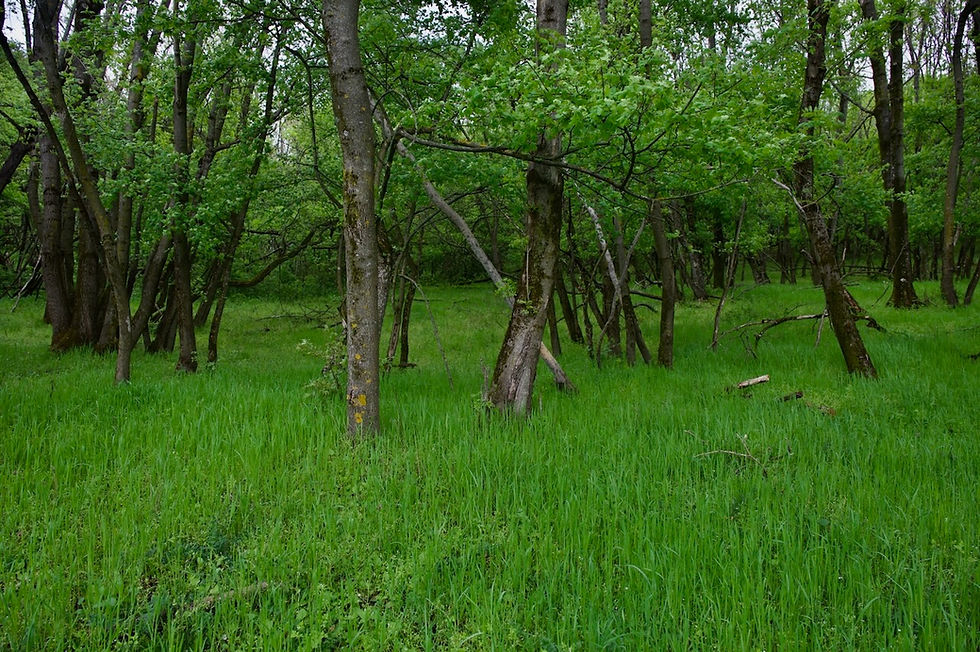Fever
- filipvk
- Jul 22, 2022
- 3 min read
Updated: May 31, 2025

And so in Antwerp apparently the temperature went from 40 degrees celcius to 18 degrees in one day yesterday. That will feel like a relief there, but it is not really reassuring either. Climate change will bring us more and more extreme fluctuations and instability.
Here in Hungary we will also have to cope with some forty degrees celsius this week. This is not as exceptional or extreme for Hungary as it is for London, for example, where they actually experienced a kind of urban forest fire yesterday.
But the frequency with which these hight temperatures occur here is increasing, and it also happens earlier and earlier in the year, as early as June. That used to be unthinkable.
This picture is from July last year, when it was also forty degrees here. Cheddar actually had a sunburn then, and we cooled his head with wet towels. Adorable and sad at the same time.
Sad also to see how the drought gets worse every year. As it does all over Europe.
The list of doom and gloom becomes more and more frightening.
If we go back to the beginning of the year, there was the freak forest fire in Colorado, in the depths of winter, followed a little later by an equally freak forest fire in New Mexico. And then followed a whole list: forest fires in Argentina, Canada, Siberia, and just about all of southern Europe now, among others. The worst famine in decades in the horn of Africa, caused by a persistent drought brought on by climate change. A famine in Afghanistan, also due to an unprecedented drought. Record-breaking heat waves, including in India where sixty degrees were reached at ground level a few months ago. Record-breaking floods, often in the same countries that suffered the heat waves, such as India. A record-breaking number of hurricanes forming over the Atlantic Ocean. Devastating cyclones in the Pacific. And so on and so forth.
Yes, the house is on fire. And as I pointed out in my recent text in the section ‘essays here on my website ('Let us not talk about the climate crisis any longer’), this is only the tip of the iceberg: what we call the 'biodiversity crisis' is no less dramatic and equally threatens to push us over the edge of the ravine at breakneck speed.
And then there is the soil erosion crisis, the plastic and electronics waste crisis, the migration crisis, the economic crisis, and so on and so forth. All of these crises are interconnected and will become even more so. So I suggest we rename all of that together, because it's not just about our climate. We are all feeling the heat right now, and unfortunately that is a good thing: that will perhaps help to wake us up. But there is so much more to it. We don't immediately feel the disappearance of insects so acutely, nor do we feel the daily extinction of plant insects or animal species, or the further depletion of farmland by our intensive use of pesticides and fertilizers and by plowing. We do not feel the disappearance of fish species directly (yet), nor do we feel the disappearance of wildlife. We do not feel the deforestation in the last rainforests all over the world, nor the disappearance of kelp forests in the oceans. And yet all of that is related to what we are experiencing now: heat. The planet has a fever.
We are all going to have to stop looking away and start working on this. What to do? I have suggested an answer to that question on my website, a response that will also have an update/sequel soon. You will find that response also in the section ‘essays’ here on this site, under the title 'What To Do? (A List).






